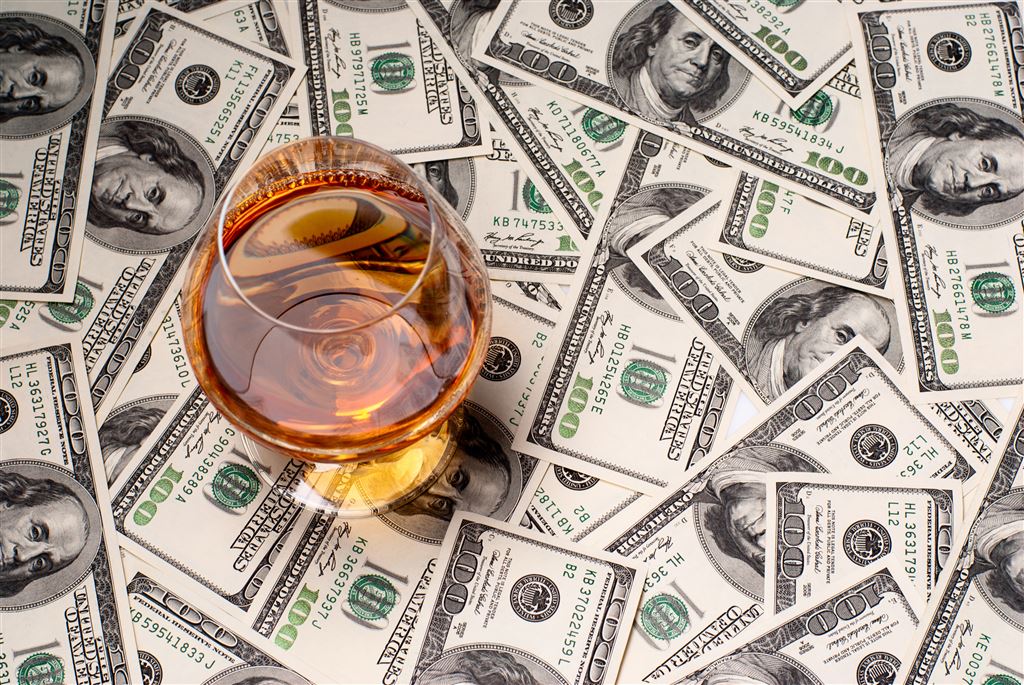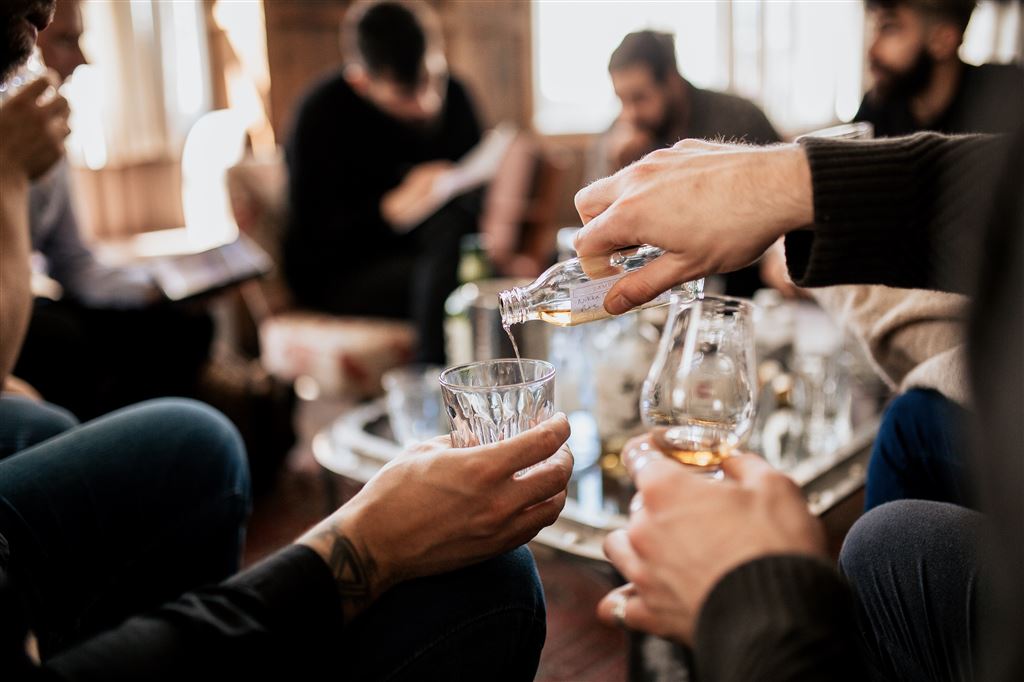If you are new to this bourbon game, no doubt you find it an exhilarating hobby. However, you may have also realized that it can be a money pit. To help alleviate some of the pain newbies can experience, I thought I would share a few tips to help you enjoy the bourbon enthusiast game more while saving a little bit of money.

My Rookie Year
I consider myself new to the bourbon enthusiast's scene, a rookie, as it were. I've only been in this game for about three years; however, that period has been a whirlwind of education and tasting American whiskeys. I have purchased over 160 American whiskeys in this short time, and I am not a rich person.
Initially, my approach was to try as many bourbons as possible to determine what I liked. I chose not to try samples because of the 3-taste rule. The rule is never judge a bourbon unless you've tried it three times from the same bottle and over time. So, I ended up purchasing bottles of everything that I wanted to try.
I was reading discussions about neck pours and letting bourbon "open up." Seasoned enthusiasts told me it would take at least three pours over time to know if I liked it. This advice is accurate and should be followed. However, in retrospect, buying a new bottle for every bourbon I wanted to taste resulted in a lot of wasted money. I did not like about 1/3 of the bottles and ended up trading them or leaving them at parties. Another 1/3 ended up as expensive mixers. Purchasing a $50 bottle of bourbon, let alone a $120-$200 one, only to find out that you don't like it is not the best feeling.
What Would I Do Differently? Research More.
What would I do differently if I had to do it all over again? I would not buy bottles of bourbon impromptu. I would focus more on researching flavor profiles, using the recommendations of renowned critics, and spending money on those bottles.
Additionally, it is highly advantageous to join online bourbon groups. Try to find a Facebook group in your state or region where the individuals share tasting notes and information on where to find bourbons, mainly store picks. You can save time and money through these relationships and by sharing samples.
 Sharing bourbon samples among friends is a great way to save lots of money
Sharing bourbon samples among friends is a great way to save lots of money
The Allocated Bourbon Trap
Avoid hunting the allocated bourbons, particularly whiskeys from the Buffalo Trace Distillery. Why the focus on Buffalo Trace? Their whiskeys are a hype perpetrator and newbie magnet. Unless you buy their higher-end bourbons, the hype and subsequent secondary market prices do not equal their tasting experience. However, that is just my opinion.
Still, I believe you will find that your favorite bourbons are rarely the hyper-allocated ones. Again, hunting these whiskeys is often not worth the time and effort because they rarely live up to the hype. It might be nice to have a pretty "decanter" of Old Fitzgerald or Blanton's Orginal sitting on your shelf. Still, if you are into bourbon because of the tasting experience, there are scores of better-tasting and more accessible bourbons.
Don't Get Focused on One Brand Early On
If you are new to bourbon, don’t stock up on one brand early. You may find that as you expose yourself to other brands, you may not like the one you tried first as much. You need to try a variety of bourbons to really know what you like or love. If you get stuck on the first one that you think is good, you may miss out on the really good or "great" whiskeys.
Determine Your Taste Profile

Let your taste preferences be your guide. Try bourbons, ryes, blends, wheated whiskeys, etc., and document why you like them. Use those findings as a baseline for purchasing new whiskeys.
If you reference online bourbon reviews, compare a few different reviews of the same bourbon. Determine if the reviews have a standard profile or set of characteristics. Once you see similar features from various reviewers, it will give you a core flavor profile. Still, anything you read will be that person's experience, not yours.
Final Points to Keep in Mind
- Do not assume price equates to taste.
- Do not make impromptu purchases based on an employee's recommendation unless you have a history with that person.
- Do not focus on pretty labels or bottles. A pretty bottle usually means sub-standard whiskey.
- Do not spend time hunting allocated bottles.
- Do not make a final judgment on a bourbon from your initial tasting.
- Do form relationships with your local liquor store.
- Do form relationships with other enthusiasts.
- Do try different types of whiskeys; ryes, bourbons, wheated whiskeys, etc.
- Do document your taste preferences.
- Do join local bourbon tasting groups or local social network communities.